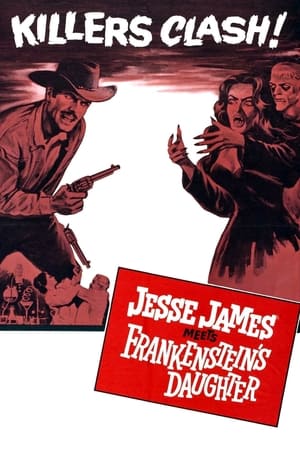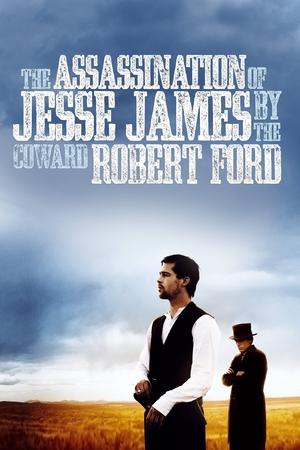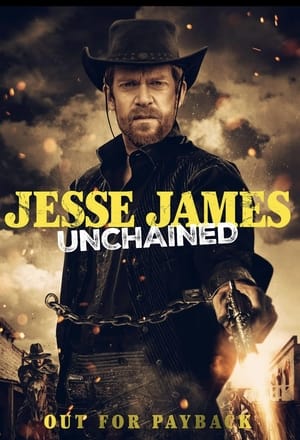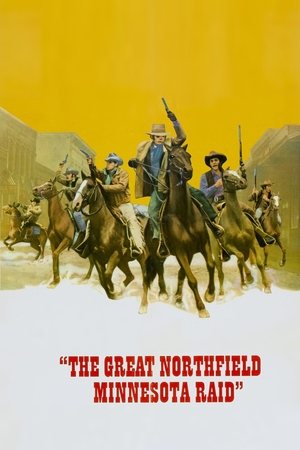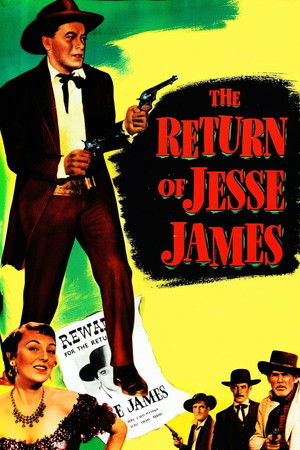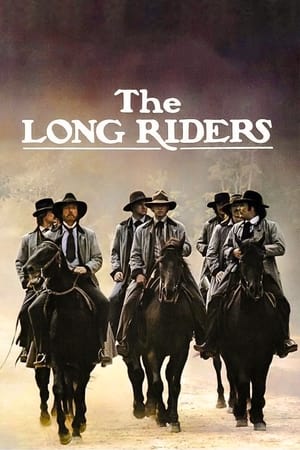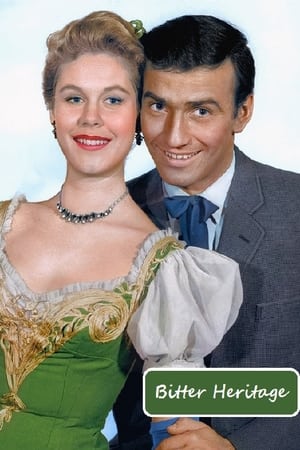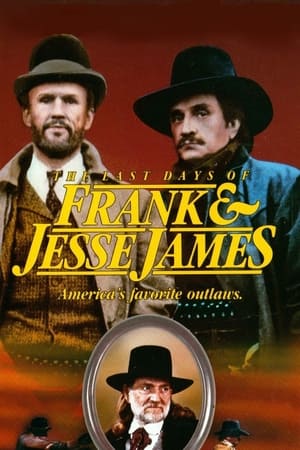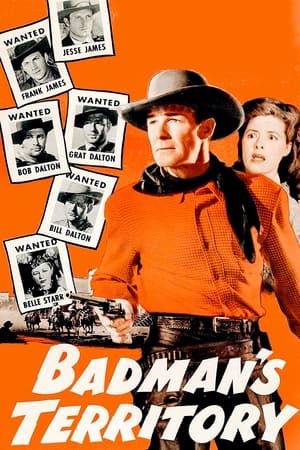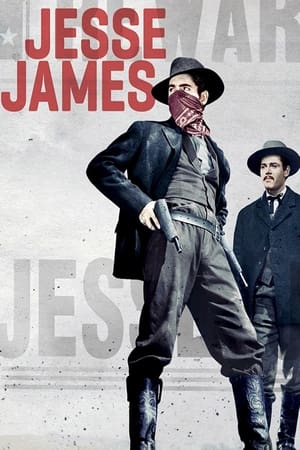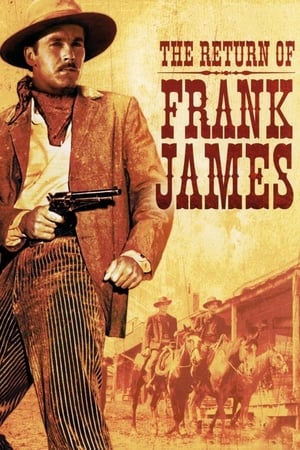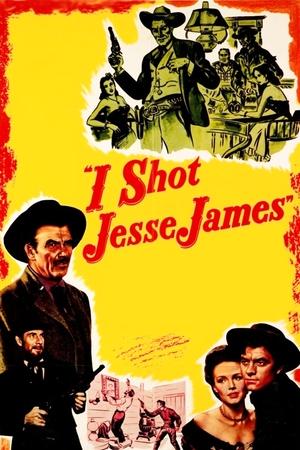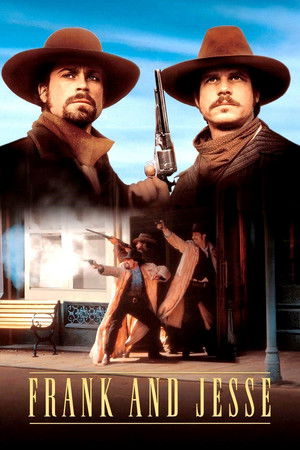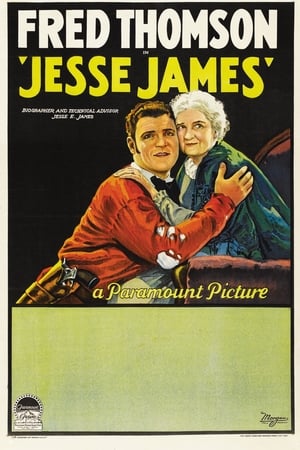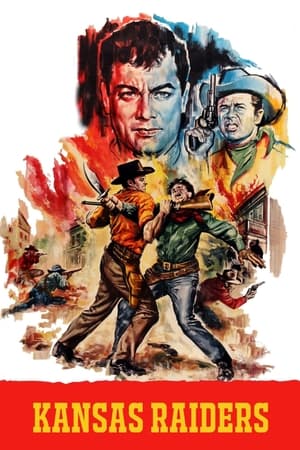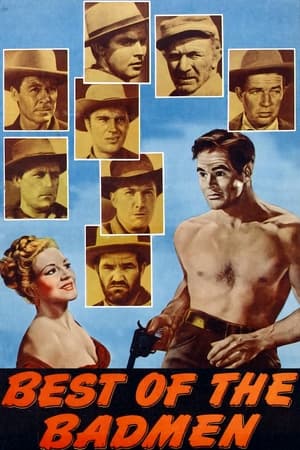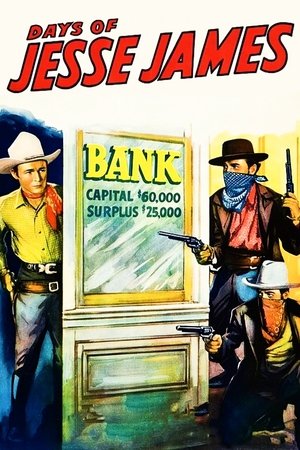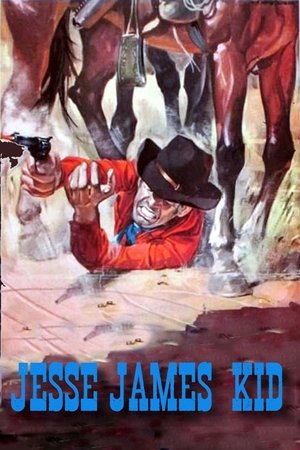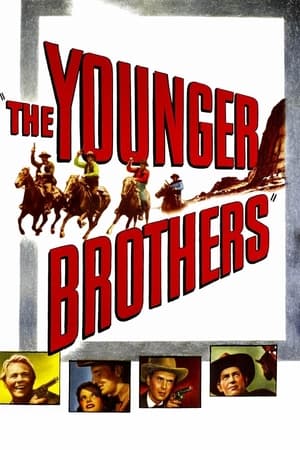Overview
Having fought with the Confederacy during the Civil War, Jesse James and his brother Frank dream of a farm life in Missouri. Harassed by Union sympathizers, they assemble a gang of outlaws, robbing trains and becoming folk heroes in the process. Jesse marries his sweetheart, Zee, and maintains an aura of domesticity, but after a group of lawmen launch an attack on his mother's house, Jesse plans one more great raid -- on a Minnesota bank.
Reviews
Director Nicholas Ray, hot off of "Johnny Guitar" and "Rebel Without a Cause," had a bit of contractual obligation to take care of before leaving for Europe, and handed in this short biopic of the infamous American outlaw. Mostly told through overly long flashbacks, all the major points of Frank and Jesse James' lives are touched on. Robert Wagner plays Jesse, and Jeffrey Hunter is well cast as older brother Frank. After being driven to crime by the treatment of Confederate soldiers and sympathizers after the Civil War -according to Walter Newman's script, based on the Nunnally Johnson screenplay from the 1939 film "Jesse James," Jesse and his gang ride up and down the Missouri countryside, robbing banks and trains and giving the money to the poor. Jesse finds love with Zee (a bored Hope Lange), but must constantly abandon her for jobs, each time promising that the next heist will be the last heist. The James boys also have an overly sympathetic mother (Agnes Moorehead), who excuses everything they do, even after her farm house is bombed because of her sons. If you saw the incredible "The Assassination of Jesse James by the Coward Robert Ford," then you know how our story ends based on that title alone.
Ray's film looks beautiful in CinemaScope widescreen, but the direction has a very bland, workman-like feel to it. Any passion for this story is absent, even using a couple of obvious sequences from the 1939 film in place of shooting new actual stunt footage. Clocking in at a brisk 92 minutes, the film feels incomplete. The characterization does not challenge the audience, once again excusing the acts of someone who now would be considered an armed robber and possible serial killer. Ray does add a bit of repressed 1950's sadomasochism in a notable scene where Jesse is being whipped by a neighboring farmer, but other than that, the director doesn't give us much to engage in.
As with a lot of films from the late 1950's, rumor has it that James Dean was going to be in this. James Dean as Jesse James is some inspired casting, but if he had appeared in what I saw, this would have been Dean's weakest film. Robert Wagner is an actor I always enjoyed in his most famous role, "Hart to Hart," but he languishes here. He certainly looks the part, but the script didn't give him much to do, and the lack of strong direction didn't help. Hunter and Wagner look like they could be brothers, but are caught in what essentially turns into an action film. Characters begin explaining why Jesse does what he does, the screen clouds up, harp music initializes yet another flashback sequence, and suddenly we watch an explosive episode from the James' lives. The flashbacks go on for so long, and cover so much time, I often forgot who was reminiscing to begin with, and what the point of their story was.
One saving grace aside from the widescreen is the filming of the action scenes. This is a violent little flick, especially for the 1950's. The Northfield, Minnesota raid is covered here, yet again, and is put in two odd places in the film, but it is nicely handled. Other stand-out set pieces include the train robbery and the bombing of the farm house, in addition to the kinda historically accurate version of Jesse's murder. This movie was competing with television, and ratcheted the violence up a bit to get people out of their homes and into the theaters. "The True Story of Jesse James" succeeds in being a watchable, bland footnote in the history of the Western film, and it is much better than the terrible "American Outlaws."

 92 min
92 min
 6.255
6.255
 1957
1957
 USA
USA
 tmdb76622195 wrote:
tmdb76622195 wrote: